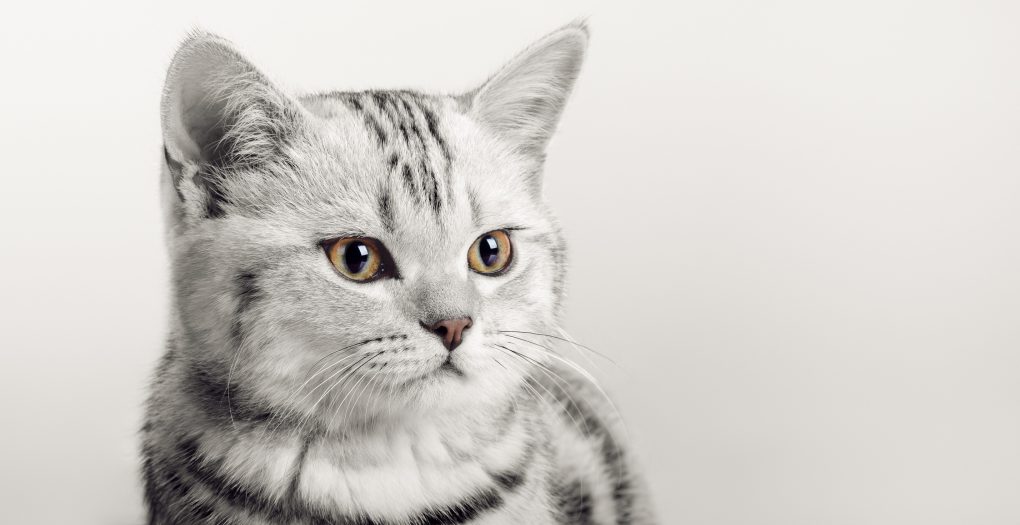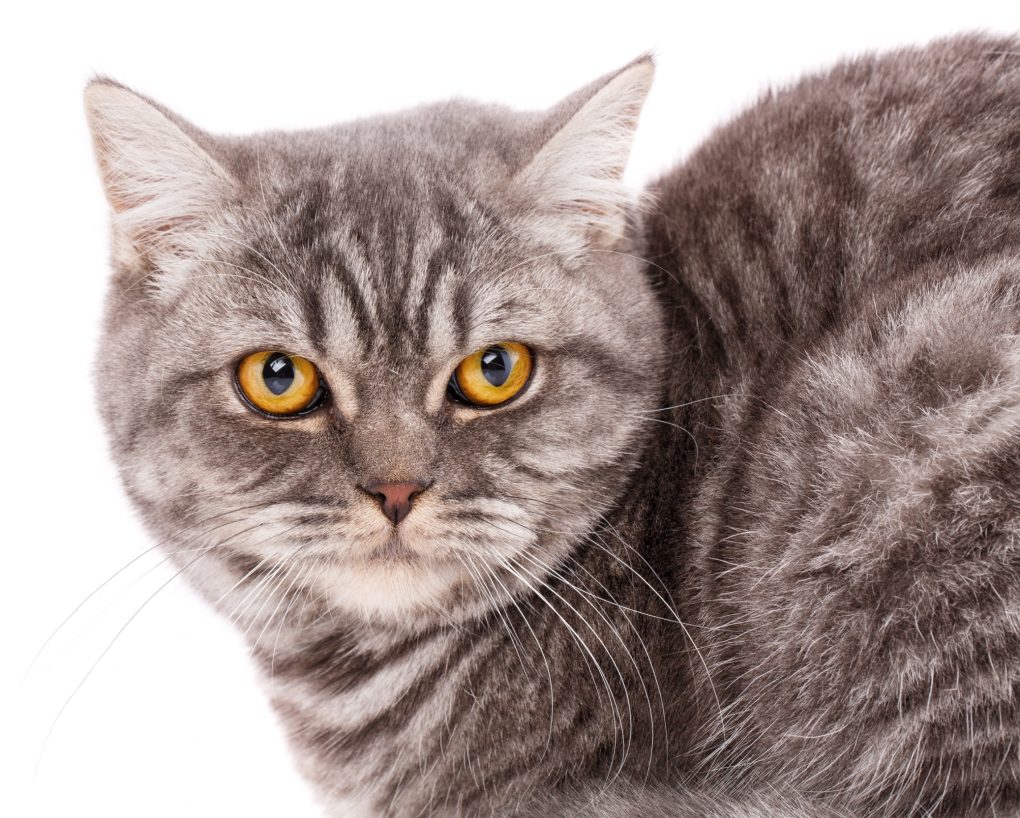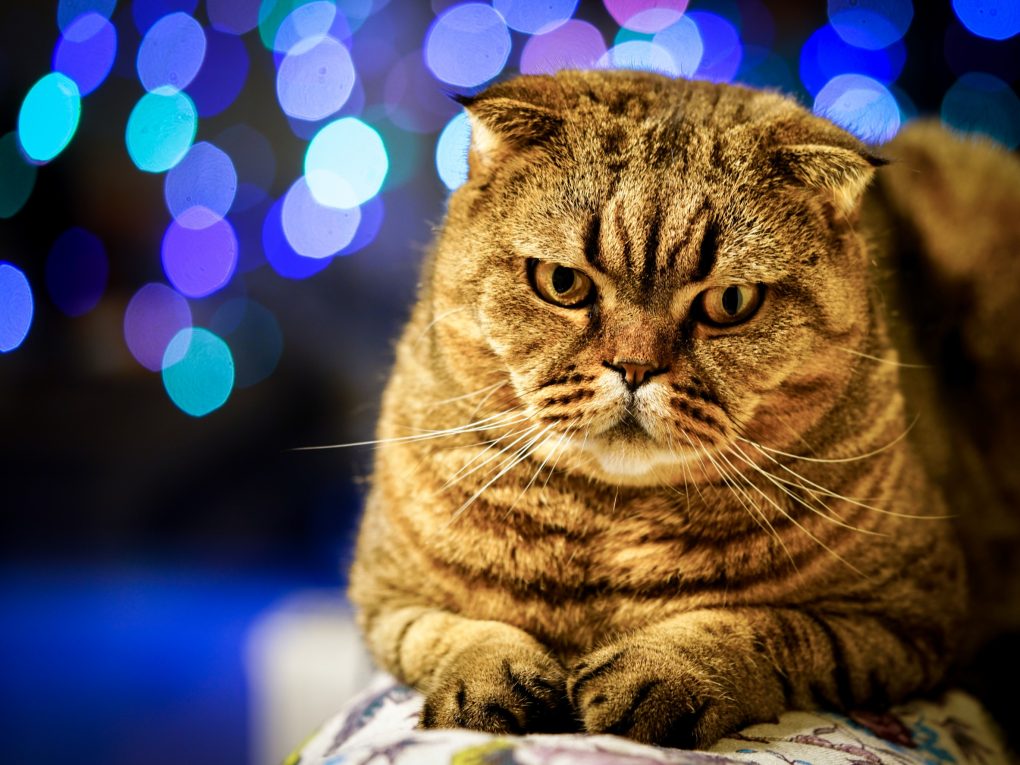Are Scottish Folds Good Cats: Pros and Cons of Owning Scottish Fold
Scottish Folds are generally considered good pets for those looking for a friendly, affectionate, and low-maintenance companion. These cats are known for their unique appearance, distinctive folded ears, and affectionate and playful personalities. They are also known for their adaptability and ability to get along well with other pets and children.
Table of Contents
Pros of Owning Scottish Fold
Affectionate and Playful Personality
Scottish Folds are known for their affectionate and playful personalities and are typically friendly and social, and they enjoy spending time with their owners and engaging in interactive play. Fun fact! Both Scottish Fold cats and Ragdoll cats are known to be affectionate and playful.


Low Maintenance Grooming
Scottish Folds have a dense and plush coat but relatively low maintenance regarding grooming. They do not require frequent bathing or trimming; regular brushing can help keep their fur looking and feeling healthy.
Good Companions
Scottish Folds are good companions for those looking for a relaxed and low-key pet. They are often content to curl up in your lap and relax and are adaptable and easy-going.
Unique Appearance
Scottish Folds are known for their distinctive folded ears and cute, round faces; their unique appearance can make them fun and exciting pets to own.
Good with Children and Other Pets
Both male and female Scottish Folds are often good with children and other pets, can get along well with other cats and dogs, and are often adaptable and adjust well to different living environments.
Long Lifespan
The average lifespan of a Scottish Fold cat is 12 to 14 years. This is considered a relatively long lifespan for a domestic cat, and Scottish Folds are known for being hardy and healthy animals. However, as with all breeds, their lifespan can be influenced by various factors, including their genetics, diet, and overall health.
Keeping your Scottish Fold healthy is essential by providing them with a balanced and nutritious diet, regular veterinary check-ups, and appropriate exercise and stimulation. Doing so can help extend their lifespan and keep them healthy and happy for as long as possible.
Cons of Owning Scottish Fold
Health Issues
Scottish Folds are prone to specific health issues, including joint problems and ear infections. They can also be prone to skin allergies and irritations and risk developing genetic health problems due to their breed’s gene mutation.
High Maintenance Feeding
Scottish Folds can be prone to obesity, so it is vital to feed them a balanced and nutritious diet and to monitor their weight. They may also have specific dietary needs, such as avoiding certain foods that can trigger an allergic reaction.
Expense


Scottish Folds can be expensive to purchase and care for, especially if they develop health problems. They may also require regular veterinary check-ups, treatments, and exceptional food or supplements to keep them healthy.
Limited Physical Activity
Scottish Folds are not particularly active cats and may need more energy for playing and exploring. They may also be more prone to joint problems and other health issues, so it is crucial to keep them physically active in safe and comfortable ways.
Shedding
Confirming with ASPCA Pet Insurance, All cats, including Scottish Folds, shed their fur regularly as a natural part of their grooming and shedding cycle. The amount and frequency of shedding can vary depending on factors such as the cat’s age, health, diet, the time of year, and the climate in which they live.
To minimize shedding and keep your Scottish Fold’s coat healthy and shiny, it is essential to brush them regularly and to provide them with a balanced and nutritious diet. In addition, regular grooming can help to remove loose fur and prevent matting. It can also be an excellent opportunity to inspect your cat for any signs of skin irritation or health problems.
Not Hypoallergenic
Scottish Fold cats are not considered hypoallergenic. While some people may be less allergic to specific breeds of cats, there is no such thing as a completely hypoallergenic cat. This is because all cats produce allergens, including dander, saliva, and urine, which can cause an allergic reaction in sensitive individuals.
People allergic to cats are often sensitive to a protein called Fel d 1, found in a cat’s skin cells, urine, and saliva. The severity of an allergic reaction can depend on various factors, including the individual’s level of sensitivity, the number of allergens in the environment, and the breed of the cat.
Common Health Issues of Scottish Fold
Feline Hip Dysplasia
Scottish fold cats have a high risk of developing this condition, which can cause problems with their mobility and health. Scottish Fold cats have a higher risk of developing feline hip dysplasia than other breeds. Feline hip dysplasia is a congenital condition that affects the development of the hip joint and can cause pain, arthritis, and mobility issues.
Feline hip dysplasia is caused by hip joint malformation and can lead to various symptoms, including stiffness, limping, and reluctance to move or jump. In severe cases, it can also lead to arthritis and chronic pain, significantly impacting a cat’s quality of life.
Fleas
Scottish fold cats can be infected with the flea parasite, which can cause irritation, diarrhea, and vomiting in cats. Fleas are tiny, parasitic insects that feed on the blood of their host, causing itching, redness, and discomfort. If left untreated, flea infestations can lead to more severe health problems, such as skin infections, anemia, and tapeworms.
Fleas are easily spread and can infest a home if not properly controlled. To prevent flea infestations, it is vital to keep your Scottish Fold clean and well-groomed and use flea preventatives as your veterinarian recommends.
Calicivirus
Scottish fold cats are at high risk of getting this dangerous virus, which can lead to death. Calicivirus can cause various symptoms, including fever, lethargy, loss of appetite, oral ulcers, and pneumonia. In severe cases, the calicivirus can lead to death, especially in young or immunocompromised cats.


Calicivirus is easily spread from cat to cat and can survive for extended periods in the environment. To minimize the risk of calicivirus infection, it is vital to keep your Scottish Fold up-to-date on their vaccinations and to avoid exposing them to infected cats.
Others
- Osteochondrodysplasia (OCD) – This genetic condition affects bones and cartilage in Scottish Fold cats. It can cause various symptoms, including arthritis, joint pain, and difficulty moving.
- Ear infections – Scottish Folds are prone to ear infections due to their unique ear shape and because their ears are difficult to clean.
- Heart problems – Some Scottish Folds may develop heart problems, such as heart murmurs or an enlarged heart.
- Respiratory issues – Scottish Folds are prone to respiratory problems, such as snoring or difficulty breathing, due to their flat face and short nose.
- Skin allergies – Some Scottish Folds may develop skin allergies, which can cause itching, redness, and hair loss.
